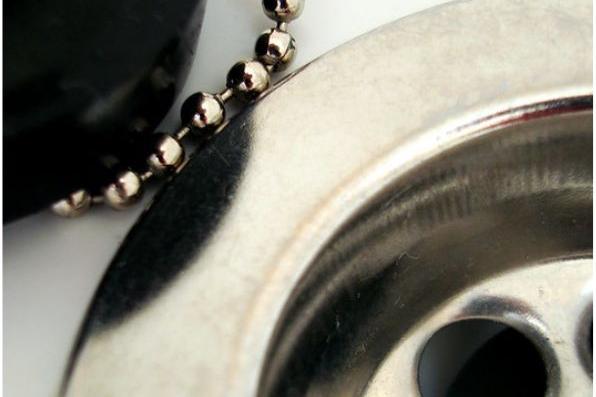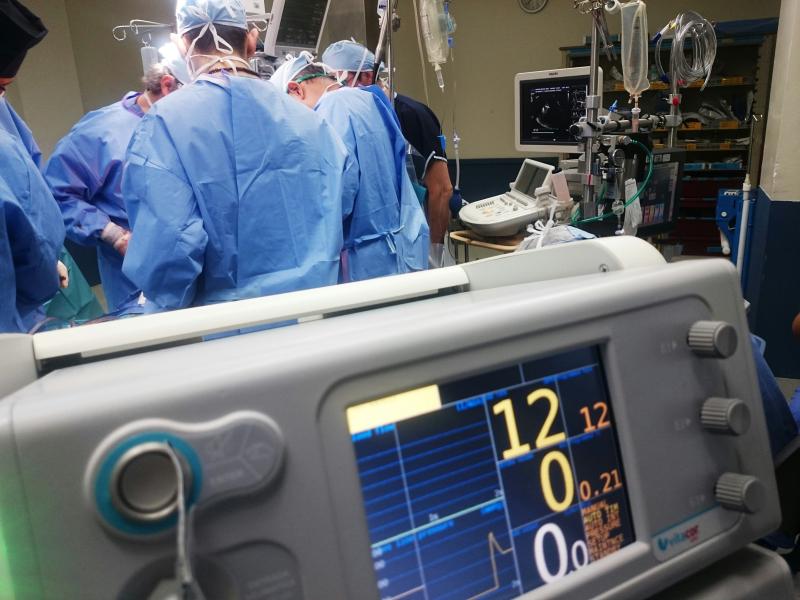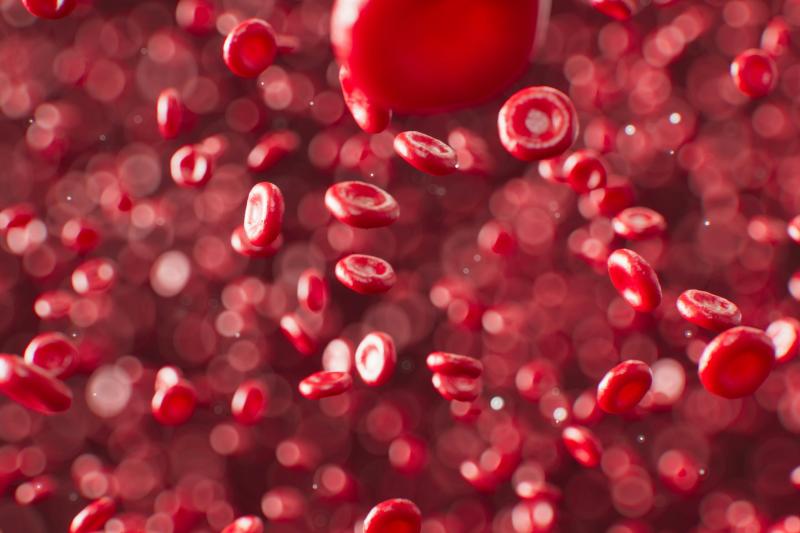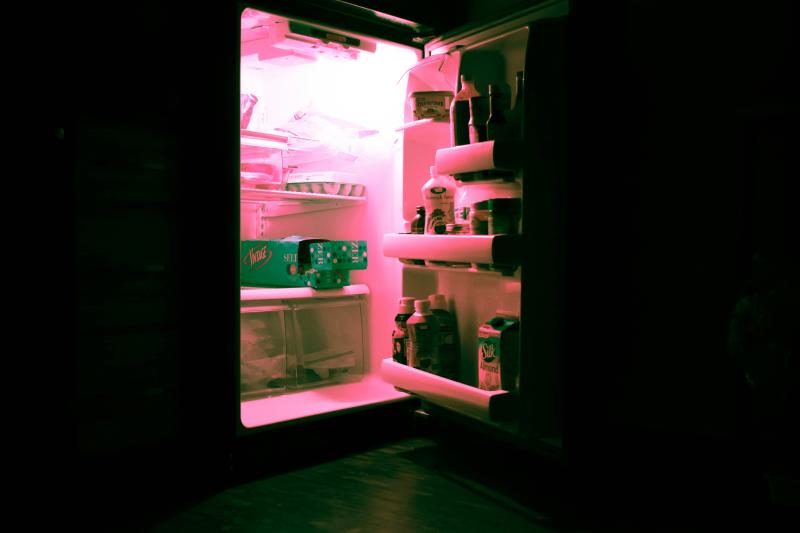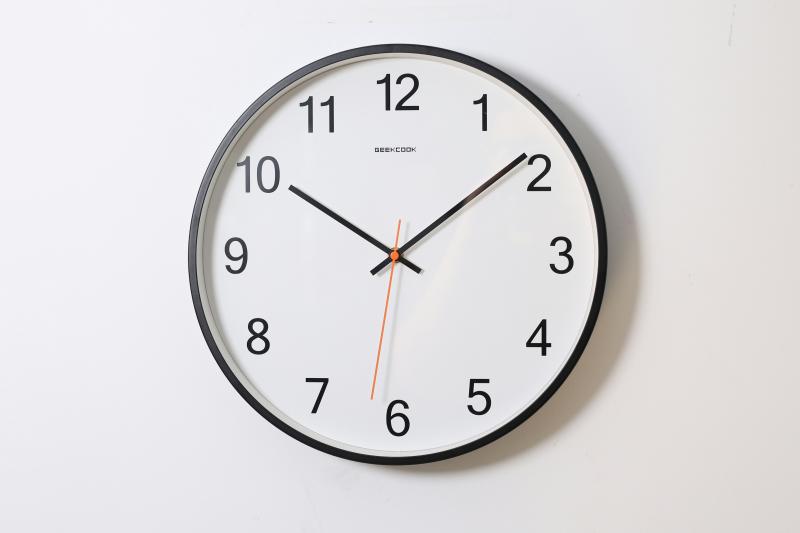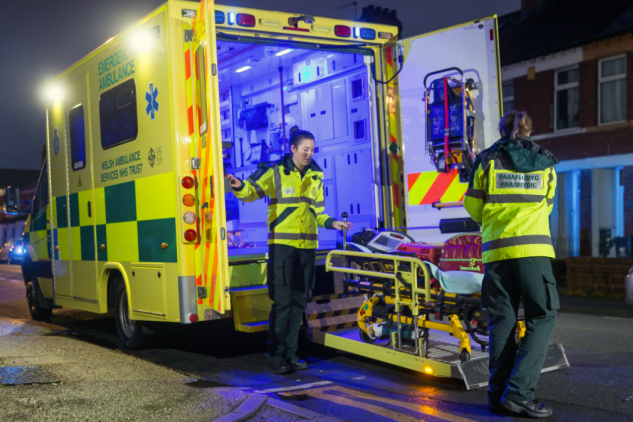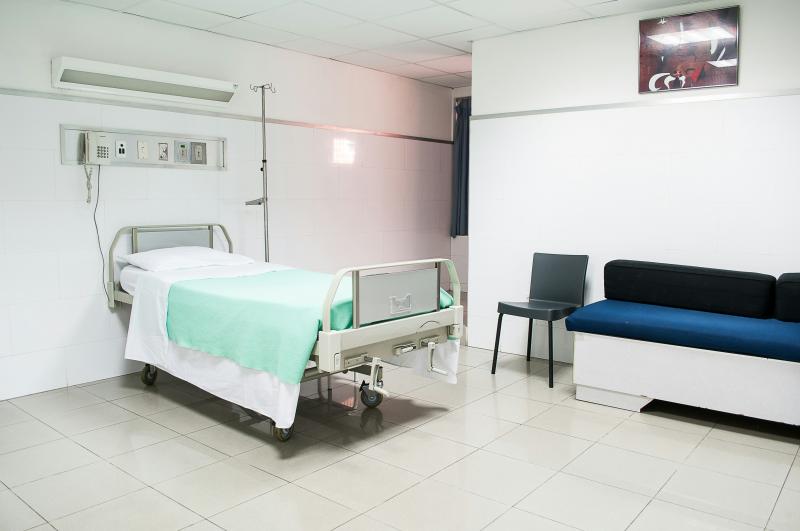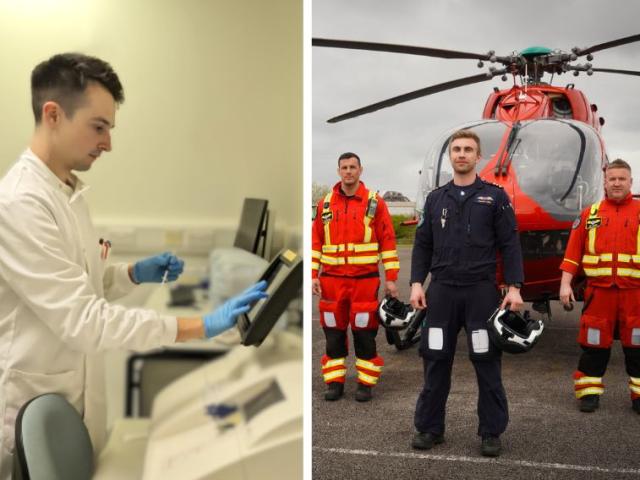
Study into cold stored platelets could help revolutionise pre-hospital trauma care
1 August
Findings from a study funded by Health and Care Research Wales could mark a global breakthrough in emergency care for trauma patients before they reach hospital.
Researchers at the Welsh Blood Service and Defence Medical Services (DMS) worked in collaboration with the Emergency Medical Retrieval and Transfer Service (EMRTS) to explore whether storing blood platelets at colder temperatures could improve patient outcomes and save more lives following severe traumatic injury.
This work could now inform a clinical trial led by Dr Chloë George, Consultant Clinical Scientist and Head of Component Development at the Welsh Blood Service and Dr Tom Scorer, Consultant Haematologist in the Royal Navy and University Hospitals, Plymouth. Dr George has been awarded the Trials Development Grant by Health and Care Research Wales.
Dr Jamie Nash worked on the research study under the supervision of Dr Christine Saunders, Development Analyst at the Welsh Blood Service.
Platelets, likened to a “plug in a bathtub” by the research team, are the cells within the blood that help form clots and stop bleeding and are used to treat and help stop major bleeding, and have to be transfused within hospitals.
Trauma, which can be caused by traumatic injuries through road traffic accidents, violent crime and falls, is one of the biggest causes of death and disability in the UK, claiming 17,000 lives every year.
While red blood cells are already carried in some emergency vehicles, platelets, are challenging to store and transport. They currently need to be constantly agitated at room temperature (20-24oC), meaning it is not feasible for them to be available for transfusion before a patient reaches hospital.
Recent research has found that it is possible to store platelets in the cold (4-6 oC), the temperature normally found in a laboratory blood fridge (cold stored platelets (CSP). Dr Scorer who has been researching CSP for over a decade, said: “CSP have several benefits over room temperature stored platelets as they have a longer shelf life – reducing wastage, less risk of bacterial contamination and in laboratory studies are better at stopping bleeding. Refrigerated storage will also enable platelet transfusion in locations not previously possible.”
In a worldwide first, Dr Nash and the research team found that cold stored platelets are necessary in trauma care and can be transported by air ambulances or emergency vehicles, lasting for up to 84 hours – longer than the previously validated 72 hours.
This means that the cold stored platelets could be transported along with red blood units in emergency cars and air ambulances, potentially forming part of a transfusion care package administered to patients before they reach a hospital.
Dr Nash described the study’s results as “really encouraging” and said: “Time is critical when treating patients with major bleeding and we know from some research evidence that if critical care treatment was given to trauma patients before they arrived at the hospital, the number of deaths and the time of hospital stay could be reduced.”
The results were published in the Journal of Transfusion this March.
Dr Nash added: “If we could prove in a clinical trial that the cold stored platelets were safe, feasible and effective they would most likely be used in a major bleeding episode outside of the hospital where EMRTS, either by air ambulance or by road would attend a patient who requires a blood transfusion outside of the hospital.”
David Lockey, National Director of EMRTS, said: “Despite major advances bleeding is still a major cause of preventable death in our trauma patients. The effective pre-hospital use of platelets is another piece of the puzzle which has the potential to improve care and save lives. We are delighted to have been involved in this project with the transfusion service.”
The research team said that the Welsh Blood Service’s next step is to set up a clinical trial to determine efficacy and the best approach to administering cold stored platelets.
It is hoped that this will then become standard practice across the UK and internationally.
Sign up to our weekly newsletter and keep up with the latest research news, funding opportunities and other useful information.

